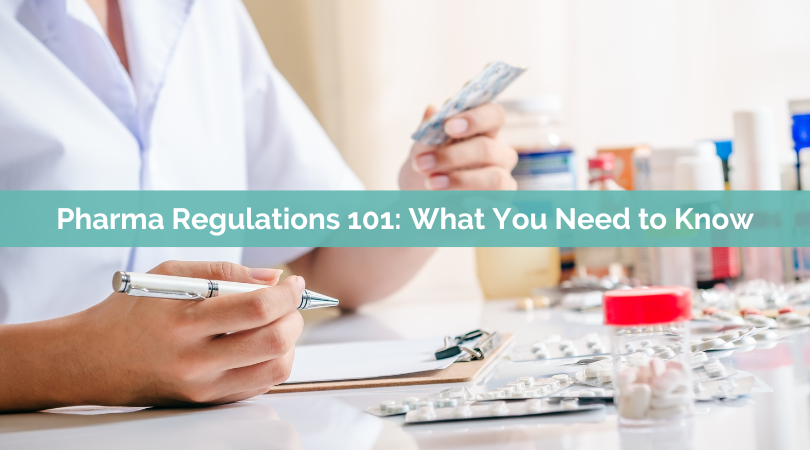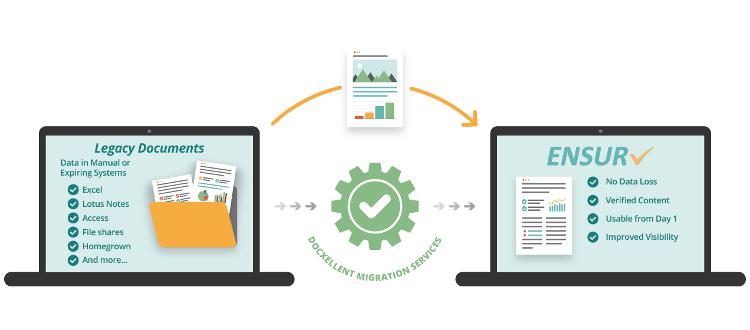
Establishing a business in the pharmaceutical industry requires navigating a complex landscape of regulations. Understanding these regulations is crucial for ensuring product safety, compliance, and ultimately, market access. This Pharma Regulations guide serves as your essential roadmap, providing a deeper dive into key regulations relevant to various stakeholders within the industry.
Why Are Regulations Important?
Pharmaceutical regulations exist to protect patients, public health, and ensure fair market competition. They address concerns like drug safety, efficacy, quality, and ethical conduct throughout the lifecycle of a medicine – from its research and development all the way to its manufacturing, marketing, and post-market monitoring. By familiarizing yourself with these pharmaceutical regulations, you can play a vital role in bringing safe and effective medications to patients.
Who Sets the Rules? Meet the Regulatory Authorities:
Think of the regulatory landscape as a global network with various authorities overseeing different aspects. Here are some key players:
United States:- FDA (Food and Drug Administration): The primary regulator in the US, overseeing drug approval, manufacturing standards, and clinical trials.
- DEA (Drug Enforcement Administration): Controls access to controlled substances.
- CDER (Center for Drug Evaluation and Research): Evaluates the safety and efficacy of new drugs.
- CBER (Center for Biologics Evaluation and Research): Regulates vaccines, blood products, and other biological therapies.
EU:
- EMA (European Medicines Agency): Coordinates drug evaluation and approval across Europe.
- EC (European Commission): Sets regulatory frameworks for pharmaceuticals.
Global:
- ICH (International Council for Harmonization): Develops harmonized guidelines for drug development and registration.
- PIC/S (Pharmaceutical Inspection Cooperation Scheme): Promotes harmonization of GMP standards across participating countries.
Demystifying the Regulatory Categories
Now, let's examine five major regulatory categories:
- Good Manufacturing Practices (GMPs): These ensure the quality and safety of medicines throughout the manufacturing process. Specific regulations like 21 CFR Part 211 in the US and EU GMP guidelines outline facility design, maintenance, quality control procedures, and documentation requirements.
- Clinical Trials: Before reaching patients, drugs undergo rigorous testing in humans. Regulations like ICH GCP ensure ethical conduct, data integrity, and participant safety during trials, outlining informed consent procedures, investigator qualifications, trial conduct, and result reporting.
- Product Registration and Approval: This involves submitting comprehensive data packages to regulatory agencies demonstrating the drug's safety, efficacy, and quality. Processes like the FDA NDA and EMA MAA require scientific and regulatory hurdles to ensure only safe and effective drugs reach patients.
- Pharmacovigilance and Safety Reporting: Monitoring for adverse events is crucial even after approval. Regulations mandate reporting and investigation of potential safety concerns. Pharmaceutical companies must have robust document management systems to collect, analyze, and report any adverse events associated with their products.
- Anti-Corruption and Bribery: Ethical conduct is paramount. Regulations like the FCPA and UK Bribery Act prohibit offering or receiving improper payments to influence decisions related to drug development, approval, or marketing, maintaining a level playing field and preventing unethical practices.
Regulations and You – Understanding Stakeholder Responsibilities
How do these regulations impact different players in the medical health industry?
- Researchers: Design, conduct, and report clinical trials according to established guidelines, ensuring ethical considerations and data integrity.
- Manufacturers: Implement GMPs, maintain quality control procedures throughout manufacturing, and meticulously document everything.
- Marketers and Sales: Adhere to labeling claims, advertising restrictions, and pharmacovigilance obligations, ensuring accurate and ethical promotions and prompt reporting of any safety concerns.
- Patients: Have the right to participate in clinical trials and understand the potential risks and benefits involved. You can also report adverse events to regulatory authorities.
Staying Informed and Compliant
The complex world of pharmaceutical regulations may seem daunting, but understanding their importance empowers you to contribute to a safer and healthier future. By familiarizing yourself with key regulatory categories and adhering to their requirements, you ensure product safety, patient protection, and ultimately, market access for essential medications.
Remember, the regulatory landscape is dynamic, constantly evolving to keep pace with scientific advancements and address emerging concerns. To stay informed and navigate these changes effectively, we encourage you to utilize the following resources:
- Regulatory agency websites: Regularly visit the websites of relevant authorities like the FDA, EMA, ICH, and PIC/S for the latest updates, guidance documents, and regulatory changes.
- Industry publications and newsletters: Subscribe to industry publications and newsletters to stay abreast of current trends, regulatory discussions, and best practices in compliance.
- Engage with experts: Don't hesitate to seek expert advice from qualified medical health professionals for specific compliance needs or complex regulatory hurdles. Their insights and guidance can prove invaluable in ensuring adherence and navigating challenges.
Staying informed and proactively engaging with regulations empowers you to play a vital role in the pharmaceutical industry. We invite you to subscribe to our updates for ongoing insights and resources, and remember, together we can create a future where innovation thrives alongside patient safety and responsible practices.
But what if there was a way to make navigating these complex regulations easier and more efficient?
Introducing ENSUR, the revolutionary Quality Management Software (QMS) software from DocXellent!
ENSUR is specifically designed to help you stay ahead of the pharmaceutical industry curve in 2024 and beyond. With its intuitive interface, robust features, and comprehensive regulatory updates, ENSUR empowers you to:
- Simplify compliance management: Streamline document control, track training records, and manage quality audits seamlessly.
- Stay informed with real-time updates: Receive automatic notifications about changes in regulations, ensuring your practices remain compliant.
- Collaborate effectively: Foster seamless communication and information sharing across your team, optimizing workflows and boosting efficiency.
- Minimize risk and ensure quality: Proactively identify and mitigate potential risks, ultimately safeguarding product quality and patient safety.
Ready to transform your compliance journey and navigate the evolving pharma regulatory landscape with confidence?
Contact DocXellent today to schedule a free demo of ENSUR and discover how our QMS software can help you achieve regulatory compliance, optimize your processes, and unlock a future of quality excellence!
By understanding, engaging, and adapting to the regulatory landscape, you become a vital force in shaping a better tomorrow for healthcare.





























